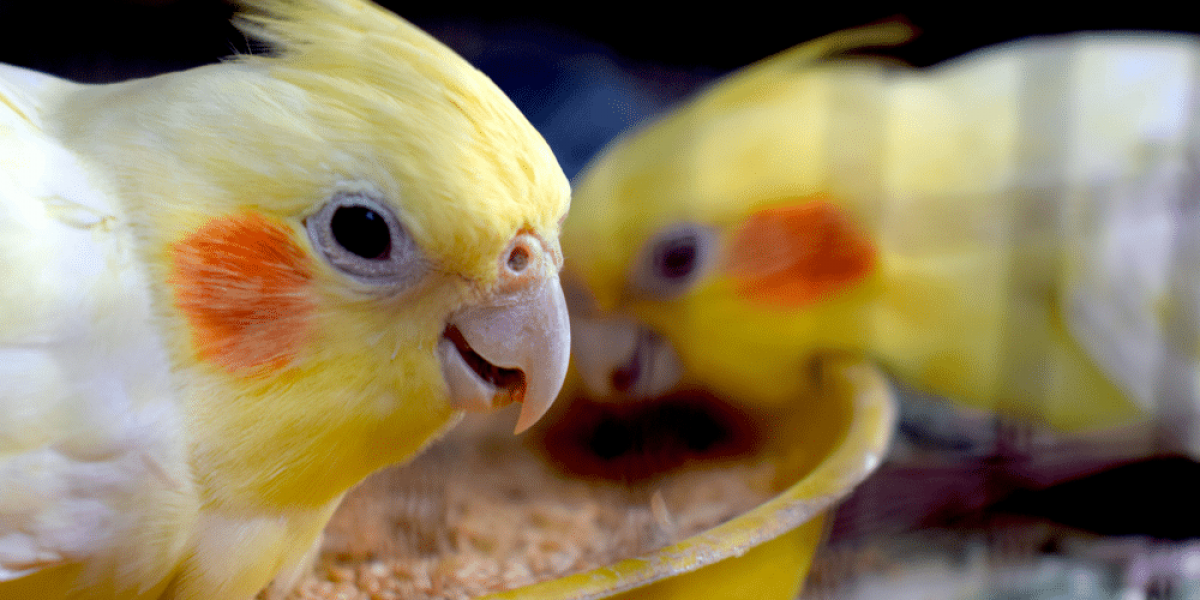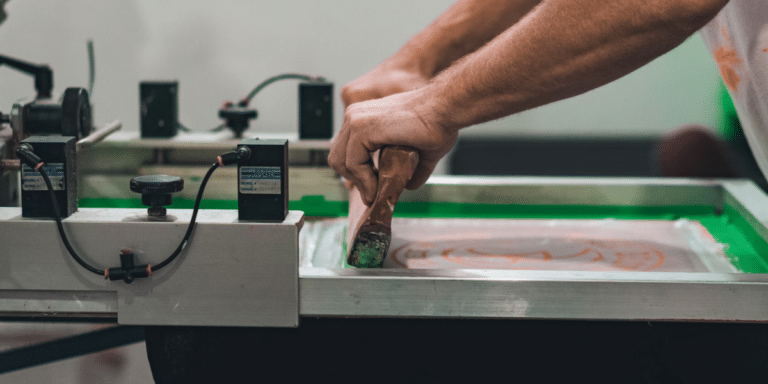Cockatiels are charming, intelligent birds that bring joy to many households. Ensuring they receive a balanced and nutritious diet is crucial for their health and happiness. Understanding what to feed these delightful creatures can be a challenge, but with the right information, it’s entirely achievable. Here’s a comprehensive guide to crafting the perfect cockatiel diet.
The Foundation: Seeds and Pellets
Seeds have long been a staple in the diet of pet birds, including cockatiels. However, a diet composed solely of seeds can lead to nutritional deficiencies. Seeds are high in fat and lack several essential vitamins and minerals. Pellets, on the other hand, are specially formulated to provide a balanced mix of nutrients that cockatiels need.
A healthy cockatiel diet should consist of a combination of seeds and pellets. Pellets should ideally make up about 60-70% of their daily intake. These pellets are designed to offer a complete nutritional profile, ensuring that your feathered friend gets all the necessary vitamins, minerals, and proteins.
Introducing pellets to a cockatiel’s diet can be a gradual process, especially if they are accustomed to seeds. Mixing pellets with seeds and gradually increasing the pellet proportion can help ease the transition. It’s important to choose high-quality pellets that are free from artificial colors and preservatives. By providing a foundation of seeds and pellets, you set the stage for a balanced diet that supports your cockatiel’s overall well-being.
Fresh Fruits and Vegetables: Adding Variety and Nutrition
Fresh fruits and vegetables play a pivotal role in a cockatiel’s diet, offering essential vitamins and minerals that pellets and seeds alone cannot provide. Adding a variety of fresh veggies to your cockatiel’s diet, such as kale, carrots, and bell peppers, can be easily incorporated into their daily ‘chop‘ mix.
Vegetables like leafy greens (spinach, kale), root vegetables (carrots, sweet potatoes), and bell peppers are fantastic choices. These veggies are packed with nutrients that promote health and vitality. Leafy greens are rich in calcium and vitamins A, C, and K, while carrots and sweet potatoes provide beta-carotene, which is essential for maintaining good vision and a healthy immune system.
Fruits, though they should be given in moderation due to their sugar content, can also be a delightful addition. Apples, berries, and melons are excellent choices. It’s important to wash all fruits and vegetables thoroughly to remove any pesticides or chemicals and cut them into manageable pieces to prevent choking.
Incorporating fresh produce not only enhances the nutritional profile of your cockatiel’s diet but also introduces new textures and flavors that can keep them engaged and stimulated. Regularly rotating the types of fruits and vegetables offered can prevent boredom and ensure a broad spectrum of nutrients.
Treats and Supplements: The Extras that Make a Difference
While the core of a cockatiel’s diet should be made up of seeds, pellets, fruits, and vegetables, treats and supplements can also play a role in their overall nutrition. Treats should be given sparingly, as they can be high in fat and sugar, but they are excellent for training and bonding.
Millet spray is a popular treat that cockatiels adore. It’s an excellent way to reward good behavior, but should be limited to prevent weight gain. Other treats can include small amounts of cooked grains like quinoa or brown rice, which provide additional variety and nutrients.
In terms of supplements, calcium is particularly important for cockatiels, especially for breeding females. A cuttlebone or mineral block in the cage can help ensure they get enough calcium. Additionally, vitamin supplements can be beneficial, especially if your bird is a picky eater. However, it’s crucial to consult with a veterinarian before adding any supplements to your cockatiel’s diet to ensure they are necessary and safe.
Regularly monitoring your cockatiel’s weight and health is important to catch any nutritional imbalances early. A well-balanced diet, combined with fresh water and proper care, will help your cockatiel lead a healthy, happy life.
In summary, creating the perfect cockatiel diet involves a mix of high-quality seeds and pellets, fresh fruits and vegetables, and occasional treats and supplements. By paying attention to their dietary needs and preferences, you can ensure that your feathered companion enjoys a nutritious and varied diet that supports their overall health and well-being.
Published by: Nelly Chavez








